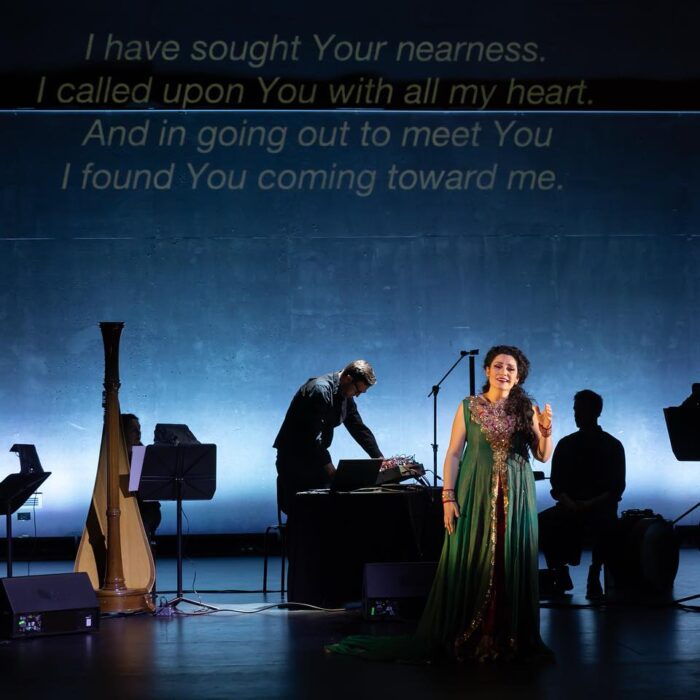
Remembering the Five Major Artists From The Fall of the Wall
By David SalazarTwenty-eight years ago, on Nov. 9, 1989, the Berlin Wall came crashing down in a moment that will always go down in history for its political significance.
The moment also had major musical significance as it showcased Leonard Berstein leading a performance of Beethoven’s Ninth Symphony. Bernstein controversially had the word “Freheit (freedom)” replace “Freude (joy)” in the text of the final movement to highlight the emotional weight of the moment.
And while Bernstein was the star of the musical portion of the performance, there is no doubt that history will always look to the four singers that also appeared on that great day.
The four singers were June Anderson, mezzo Sarah Walker, tenor Klaus König, and bass Jan-Hendrick Rootering.
Of the four, Anderson is undeniably the most famous, known for her domination of the bel canto repertoire and being the first non-Italian to ever win the prestigious Bellini d’Oro prize. Her international career took her to such major venues as La Scala, Covent Garden, La Fenice, Metropolitan Opera, San Francisco Opera, Lyric Opera of Chicago and Colón Theater, among others.
König’s career was mainly in his homeland of Germany, though he had the opportunity to appear internationally in London, Vienna, Lisbon, and Buenos Aires, among other venues.
Walker, a British artist, was also quite notable for her bel canto output, though she was also a major proponent of the role of Didon in “Les Troyens” and Baba the Turk in “The Rake’s Progress.” She sang all over the world, including the Metropolitan Opera, Scottish Opera, Royal Opera, English National Opera, San Francisco Opera, and Vienna State Opera, among others.
Rootering also made his career in Germany, though he famously appeared as Fasolt in James Levine’s “Der Ring des Nibelungen” at the Metropolitan Opera.
Categories
Special Features

